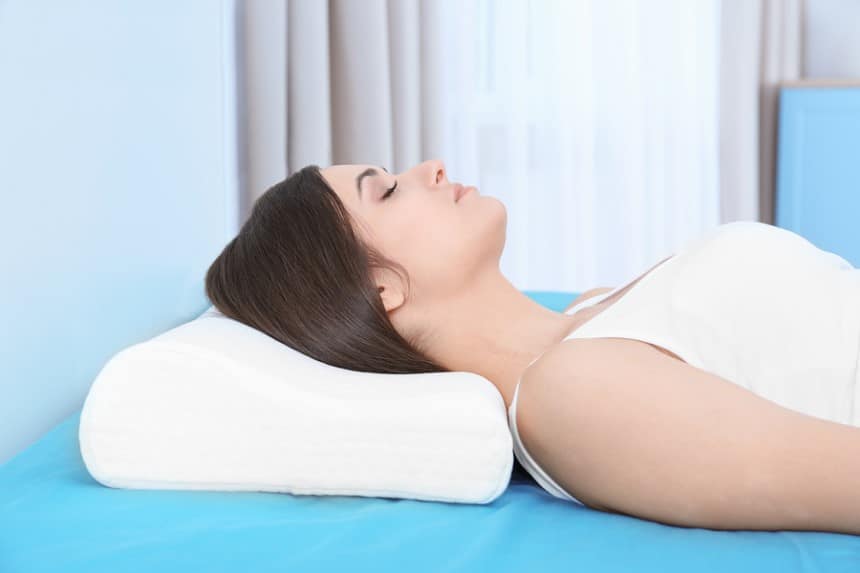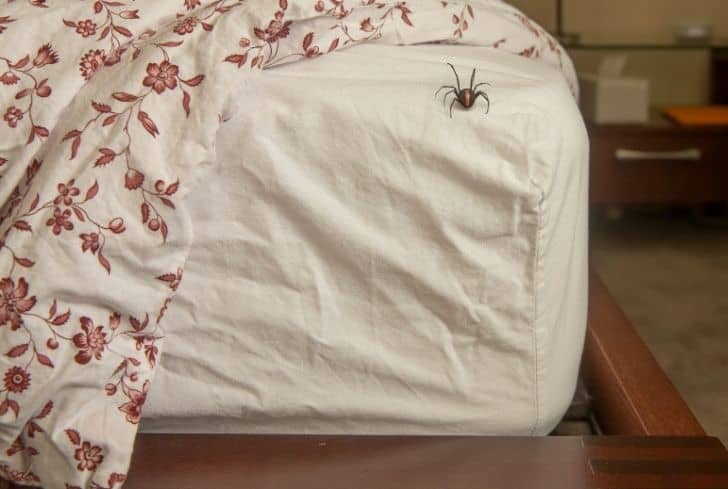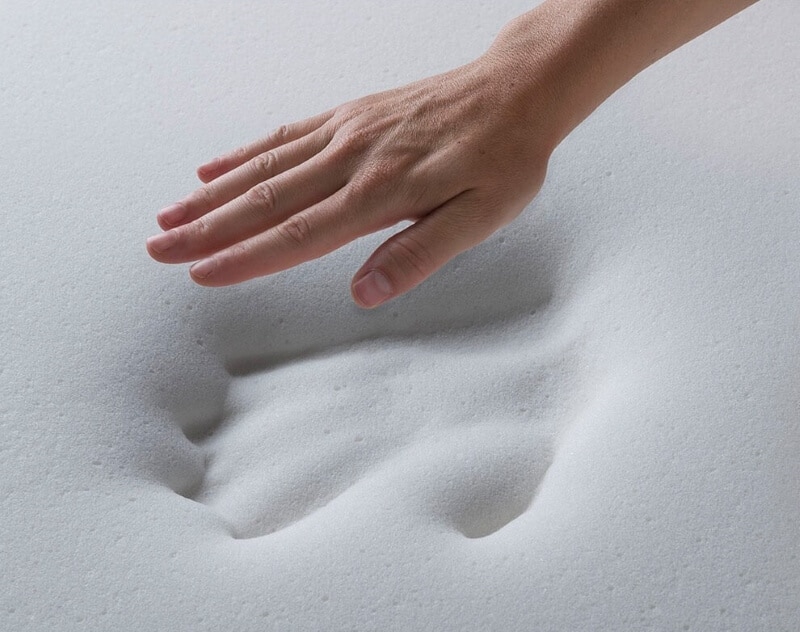

If you experience high levels of stress in your life, you may find it difficult to sleep at night. Stress causes many people to grind their teeth while sleeping. This action can lead you to damaging your TMJ Trusted Source Temporomandibular joint dysfunction - Wikipedia Temporomandibular joint dysfunction (TMD, TMJD) is an umbrella term covering pain and dysfunction of the muscles of mastication (the muscles that move the jaw) and the temporomandibular joints (the joints which connect the mandible to the skull). en.wikipedia.org and cause you pain.
Lack of sleep can affect your quality of life and lead to mental health problems such as depression, anxiety, headaches and even difficulty breathing.
In this article, we will look at what causes TMJ, and offer practical solutions on how to sleep with TMJ.
TMJ is the temporomandibular joint that acts as a sliding pivot and links your jawbone to your skull. There is one situated on each side of your jaw. Scenarios like bad posture, stress, hereditary causes, braces and dental problems can cause torment in the TMJ. This puts weight on the jaw joint, leading to it becoming inflamed and painful. This is extremely painful, can cause you to have a limited range of motion and lead to migraines.
Perhaps the most widely recognized cause is the act of grinding your teeth while you sleep, also called bruxism.
Numerous guides can assist with this issue, from medical procedures to machines. Still, there are additional precautions you can take to help you rest better and alleviate the pain.
Having the right bedding set up will help you achieve a better night’s sleep. You will need to buy a supportive mattress and supportive pillows that will help prevent your neck from straining while you sleep.
Buy a mattress that offers full-body support by molding to your body as you sleep. This type of mattress will make sleeping on your back more comfortable and prevent you from rolling onto your stomach.
Look for a mattress with individually wrapped pocket springs such as the Sweet Night Queen Mattress which will help isolate movement so that you heal faster.
Use the correct type of pillow that contours to the shape of your neck. One example is the EPABO Contour Memory Foam Pillow which offers amazing support while keeping your neck perfectly aligned.
The pillow behind your neck will offer support, but it’s important to make sure that your entire body is properly aligned. This can be achieved by placing a smaller pillow behind your spine where your back arches.
Investing in a good quality pillow that isn’t very firm, will help with managing your pain and should prevent you from grinding your teeth in your sleep.
If you have been using the same pillowcases and sheets, you should replace them. Old pillowcases can be affected by mold and lose their firmness as they age. Sheets should be fitted so you don’t become tangled in them while you sleep.
Look for a latex mattress and memory foam pillows for the best support.
Quite possibly the most agonizing TMJ issues arise while you’re sleeping since that is the point at which you grind your teeth without realizing it. If you sleep in a position where your jaw isn’t in proper alignment this can make the issue worse.
To help alleviate your pain you should support your neck and head and make sure that your jaw is properly aligned. You can do so by putting a cushion behind your head. Try to avoid positions where you feel an immediate strain on your back.
 Sleeping on back
Sleeping on backYou should try to sleep on your back as much as possible because this position will cause the least amount of pain. Make sure that your pillows are high enough to align your body correctly and not cause additional strain.
If you struggle to sleep on your back, it may take a few days of getting used to, but this is by far the safest sleeping position.
Sleeping on your back is your best option because this position won’t put pressure on your jaw. The pillow will offer additional support and keep your spine and neck in neutral alignment.
Sleeping on your stomach is not recommended as your spine will be completely out of alignment. If you sleep with your face submerged in the cushions you will cause additional strain on your jaw and joints.
In this position, you are very likely to grind your teeth and make the pain worse.
Sleeping on your side is also problematic. Depending on the height of your pillows, your head and neck can be misaligned and cause the TMJ joints additional stress. Using a special pillow for people that sleep on their sides can be beneficial.
Nobody wants to wake up with jaw pain and have it affect their daily lives. Hopefully, by following the advice in this article you can learn how to sleep with TMJ more comfortably.
Sleeping on your back may be difficult but perseverance is key. This sleeping position will put the least amount of strain on your jaw and keep your body perfectly aligned. If the pain persists you should alert your doctor and enquire about a mouthguard. A mouth guard will stop you from grinding your teeth at night, which makes the pain worse.
See? There are many solutions to this situation and if you have any tips, please share with us.





